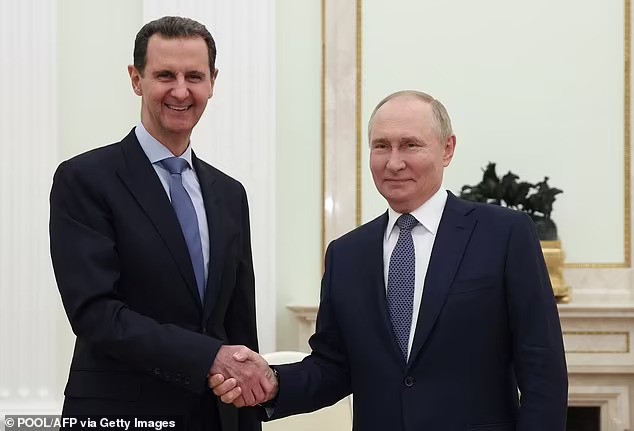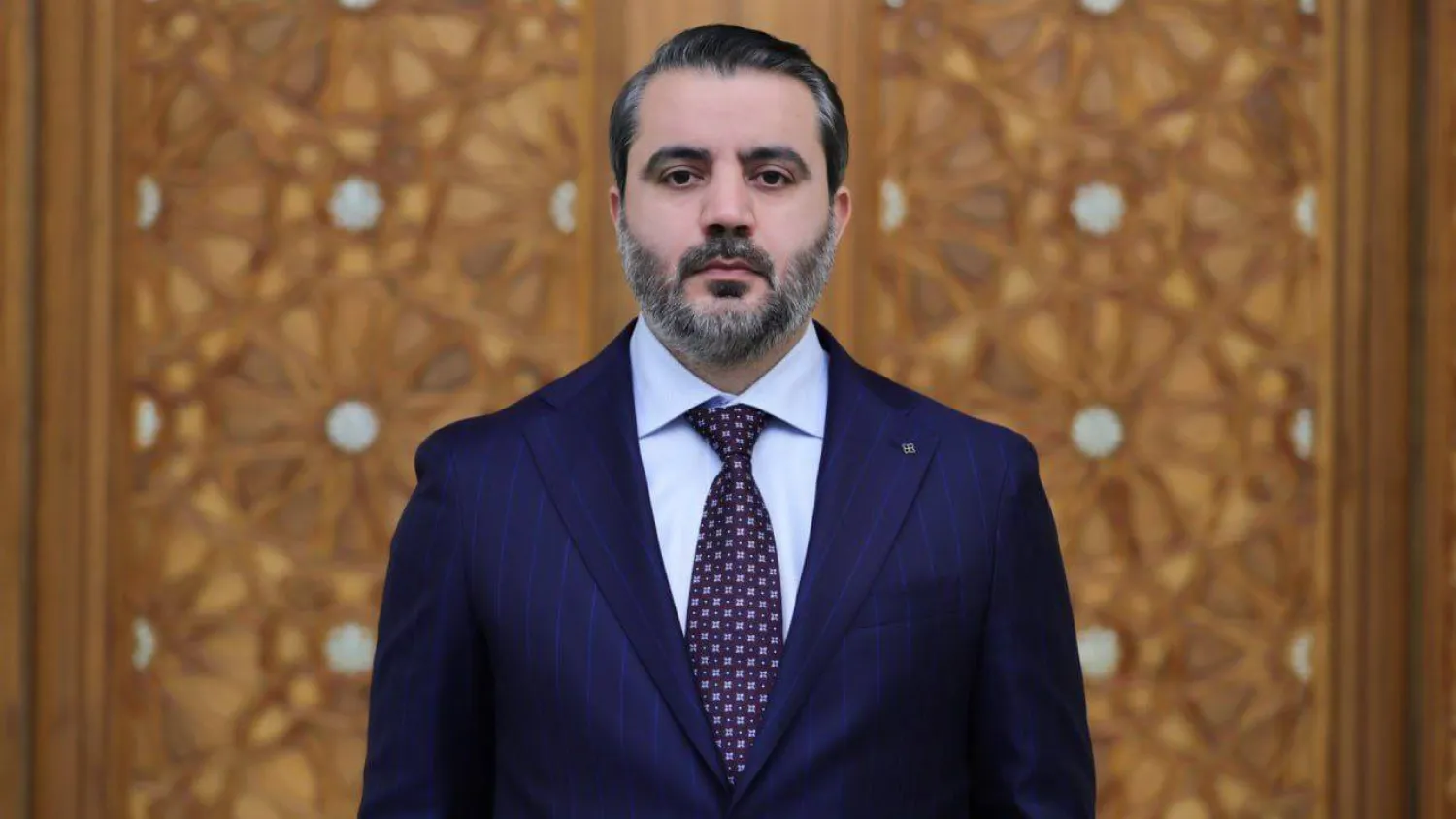Bashar al-Assad, the Syrian dictator, reportedly transferred approximately £200 million in cash to Moscow over a two-year period when Syria was heavily reliant on Russian military and economic assistance.
The Financial Times uncovered records revealing that Assad’s regime flew two tonnes of banknotes to Vnukovo Airport in Moscow between 2018 and 2019. These funds were deposited in Russian banks during a period when Syria was reliant on Russia’s military support, including mercenaries from the Wagner Group.
Simultaneously, Assad’s family began acquiring luxury properties in Moscow, according to the Financial Times.
The regime has been accused of looting Syria’s wealth and engaging in criminal activities to finance its war against the Syrian people. Records show that between March 2018 and September 2019, Assad’s government transported large shipments of US dollars and euros to Russia.
Trade data from Import Genius, an export data service, revealed that in 2019 alone, a plane carrying $10 million in $100 bills, sent on behalf of Syria’s central bank, landed at Vnukovo Airport. In February 2019, another airlift delivered around €20 million in €500 notes. Between March 2018 and September 2019, 21 flights transported over $250 million in cash.
The cash shipments reportedly began in 2018, as Syria’s foreign reserves had nearly been depleted. A source familiar with Syria’s central bank data told the Financial Times that due to sanctions, payments had to be made in cash. These funds were used to purchase wheat from Russia, pay for money-printing services, and cover defence expenses.
Russian trade records also show that Syria imported banknotes, secure paper, and military components from Russia before and after the cash transfers. However, there is no record of the Russian lenders who received the funds.
The Russian Financial Corporation Bank (RFK), controlled by the state arms exporter Rosoboronexport, reportedly handled the cash deliveries. In March 2018, Syria’s central bank also sent $2 million to TsMR Bank, another Russian lender sanctioned by the United States.
The cash shipments have sparked discontent even among some former Assad loyalists, who view his family’s investments in Moscow as evidence of their self-serving priorities.
In 2015, Russia’s intervention in Syria’s civil war with airstrikes and military support deepened ties between the two nations. Russian advisers supported Assad’s war efforts, and Russian firms gained access to Syria’s phosphate supply chain.
Over the past six years, Assad and his associates have consolidated control over Syria’s troubled economy. His wife, Asma al-Assad, a former JP Morgan banker, played a key role in international aid management and headed a secretive presidential economic council.
The Assad regime has also been accused of generating revenue through drug trafficking and fuel smuggling, according to the United States.
In 2015, the US Treasury sanctioned former Syrian central bank governor Adib Mayaleh and a central bank employee for facilitating bulk cash transfers to Russia.
The recent revelations follow reports that Russian allies of President Vladimir Putin helped Assad flee to Moscow after rebels seized power in Syria.



